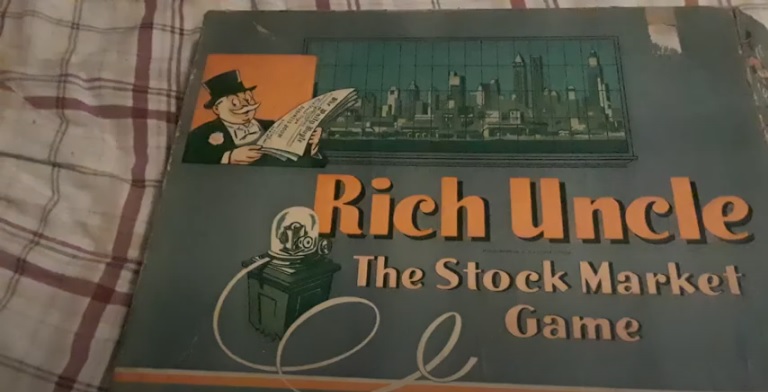

“Taking episodes from our past allows us to construct possible futures and anticipate those events,” Brewer says.

Current theories in psychology are exploring the idea that our ability to cull details from past experiences to create theoretical concepts is actually part of a survival mechanism. Should these processes that lead to false memories be considered flaws? Not exactly. Despite the widely-held assumption it’s a patriotic tune, Springsteen wrote it as a protest song about the futility of the Vietnam War. The title track is also a source of confusion. But it’s not a bandana-it’s a red baseball cap. The cover, which features Springsteen’s posterior against an American flag, is sometimes remembered for the red bandana hanging from his back pocket. Amazonįew album covers are as iconic as Born in the U.S.A. Springsteen's rear view has caused some controversy. See more videos about Classic Monopoly, Monopoly Personalized, Monocle Eyewear, Play Monopoly, Monopoly Gamer, Monopoly Bank Card Version. Take a look at 15 of the more prevalent examples of things that people swear are real but are merely a product of the brain’s imperfect recall. Discover videos related to Monopoly Man Monocle on TikTok. “When you recall an event, you use memories around it, taking elements or pieces of other events and fitting them where they make sense.” “What we know about false memory is that it arises through the reconstruction process,” Gene Brewer, Ph.D., an associate professor in cognitive psychology at Arizona State University, tells Mental Floss. It’s simply a product of how our brain works to retrieve information. With apologies to conspiracy theorists, the idea of a shared false memory isn’t proof of alternate realities. Would you believe us if we told you the most famous line of 1980’s Star Wars sequel, The Empire Strikes Back, was never uttered? Darth Vader doesn’t reveal his paternity to Luke Skywalker by saying, “Luke, I am your father.” He actually says, “No, I am your father.” The line is but one instance of what blogger Fiona Broome dubbed the “Mandela Effect” a decade ago, after she learned that a number of people shared her erroneous belief that human rights activist Nelson Mandela had perished in prison in the 1980s.


 0 kommentar(er)
0 kommentar(er)
